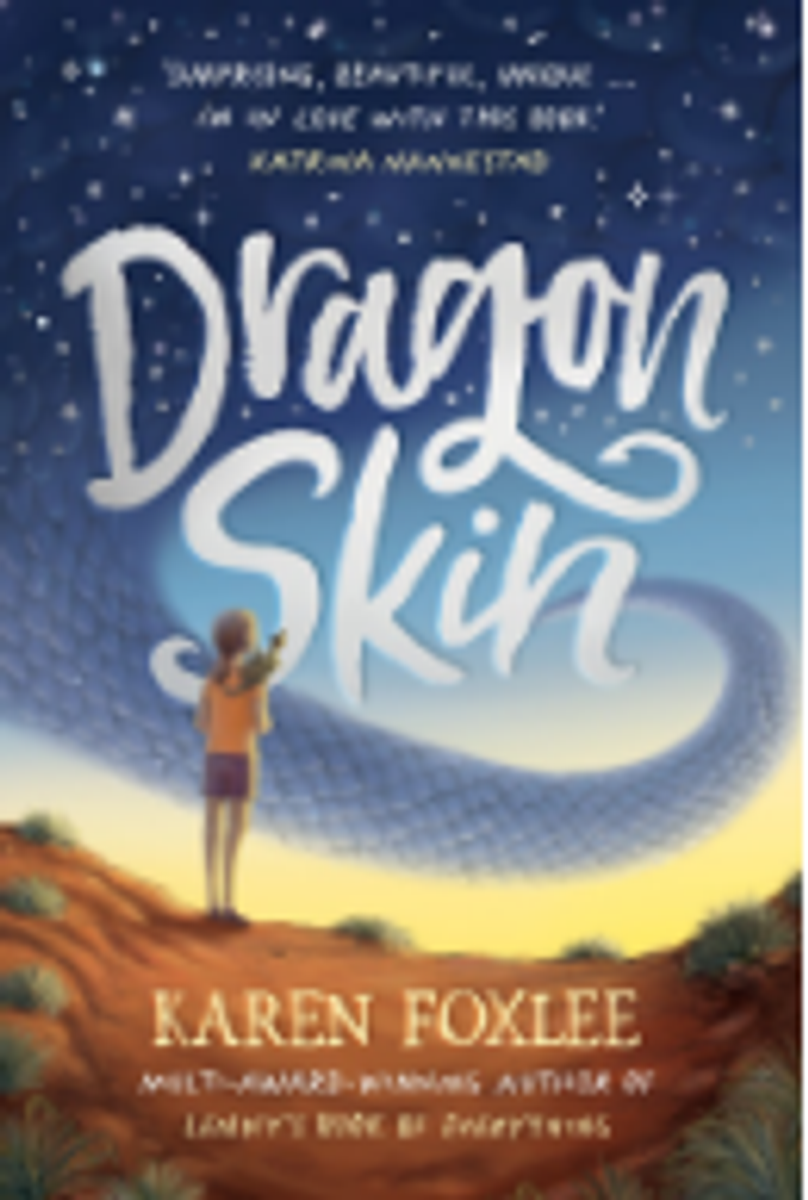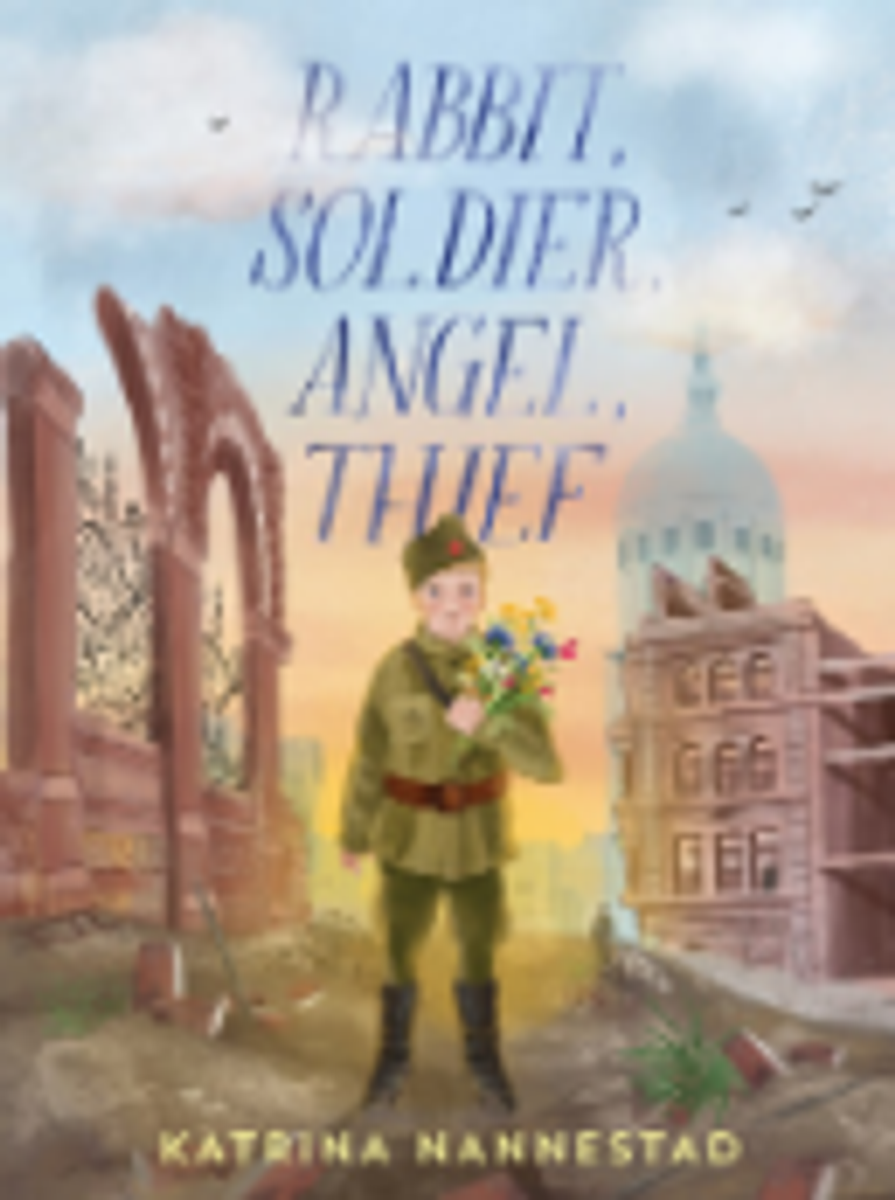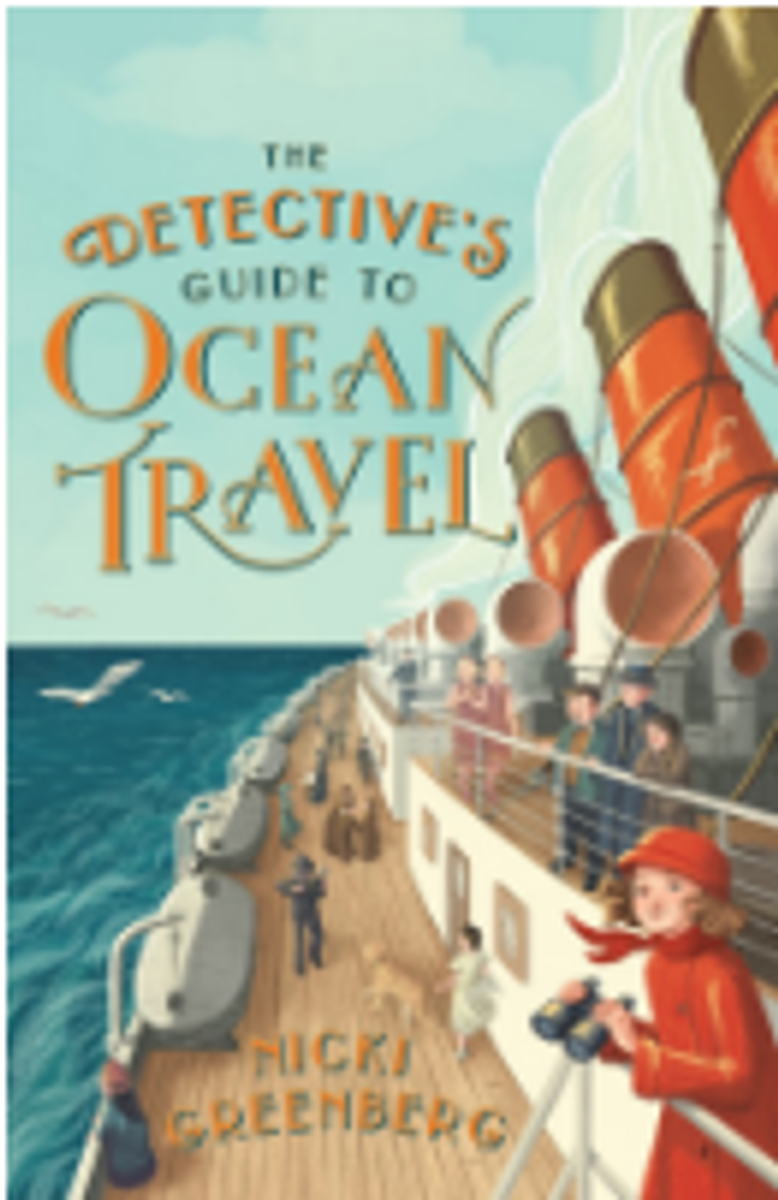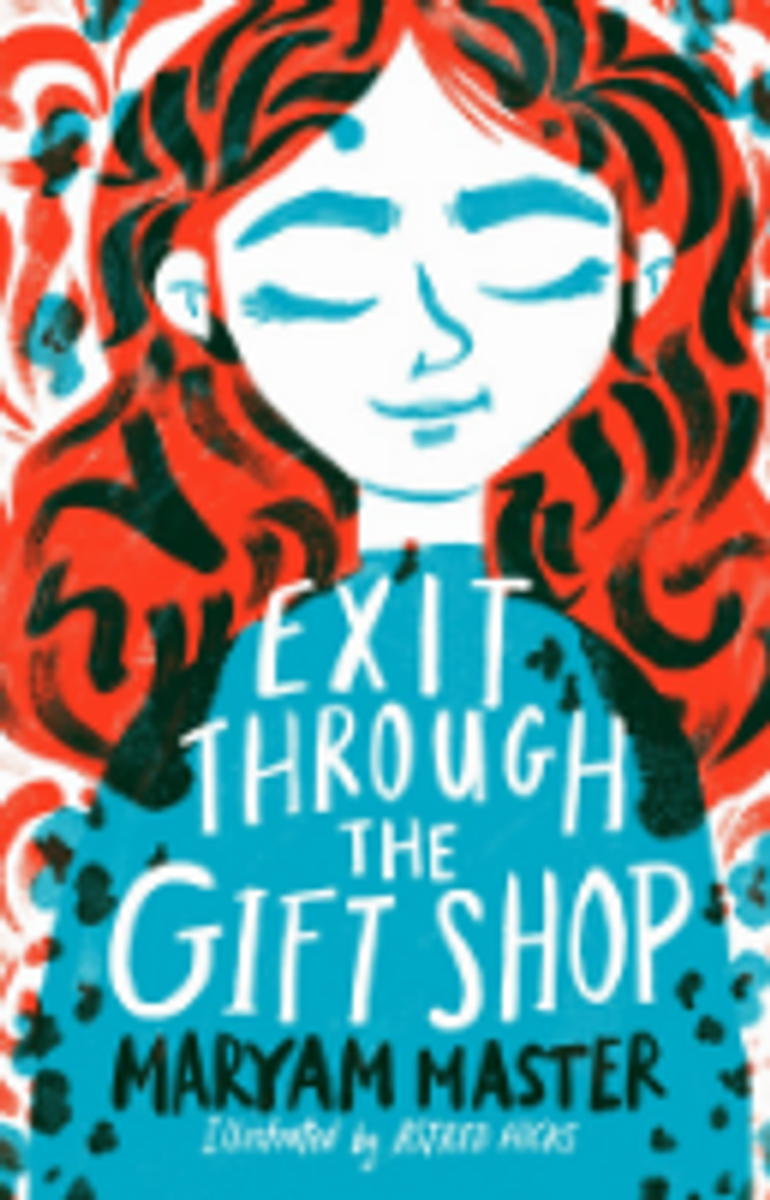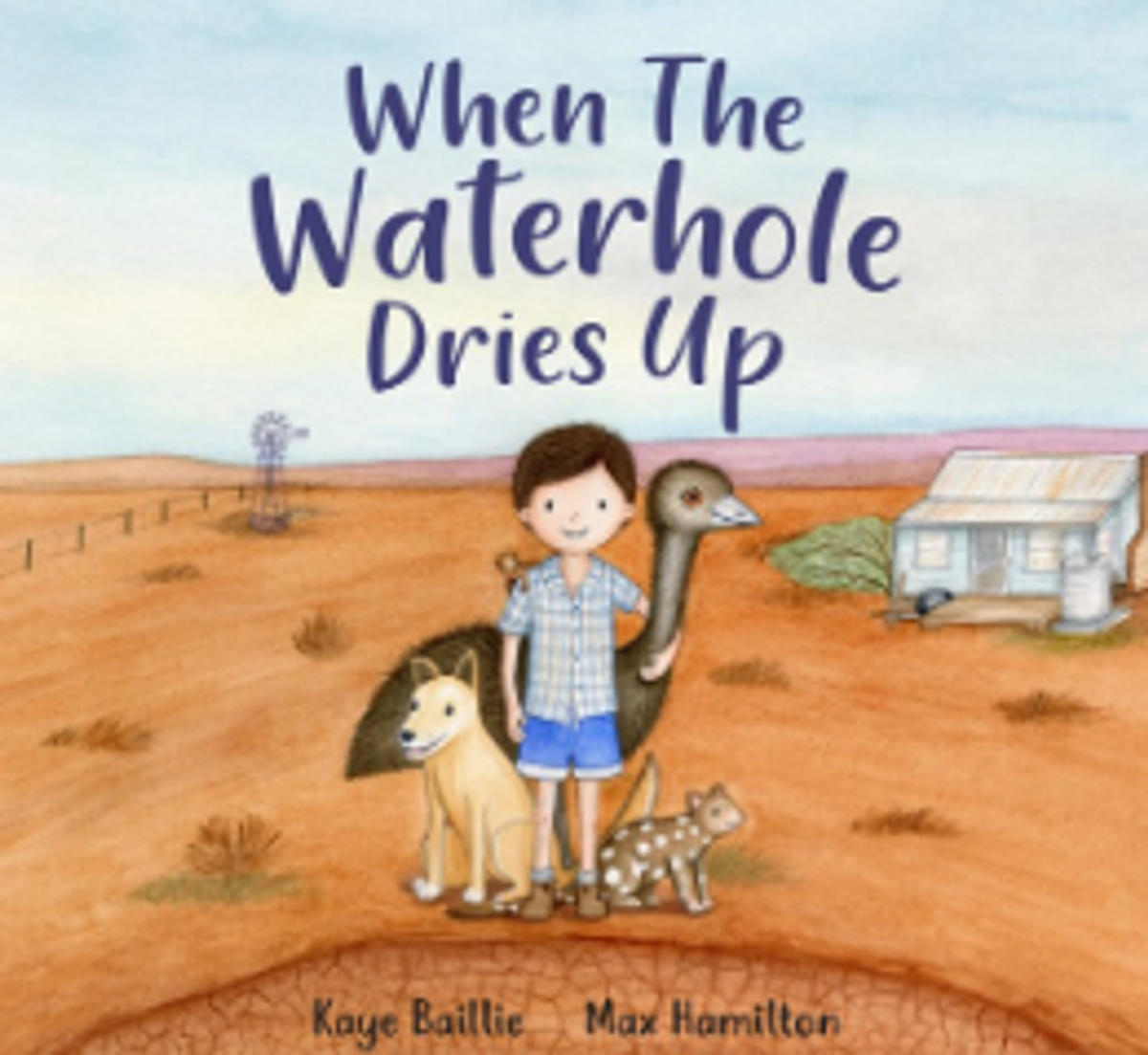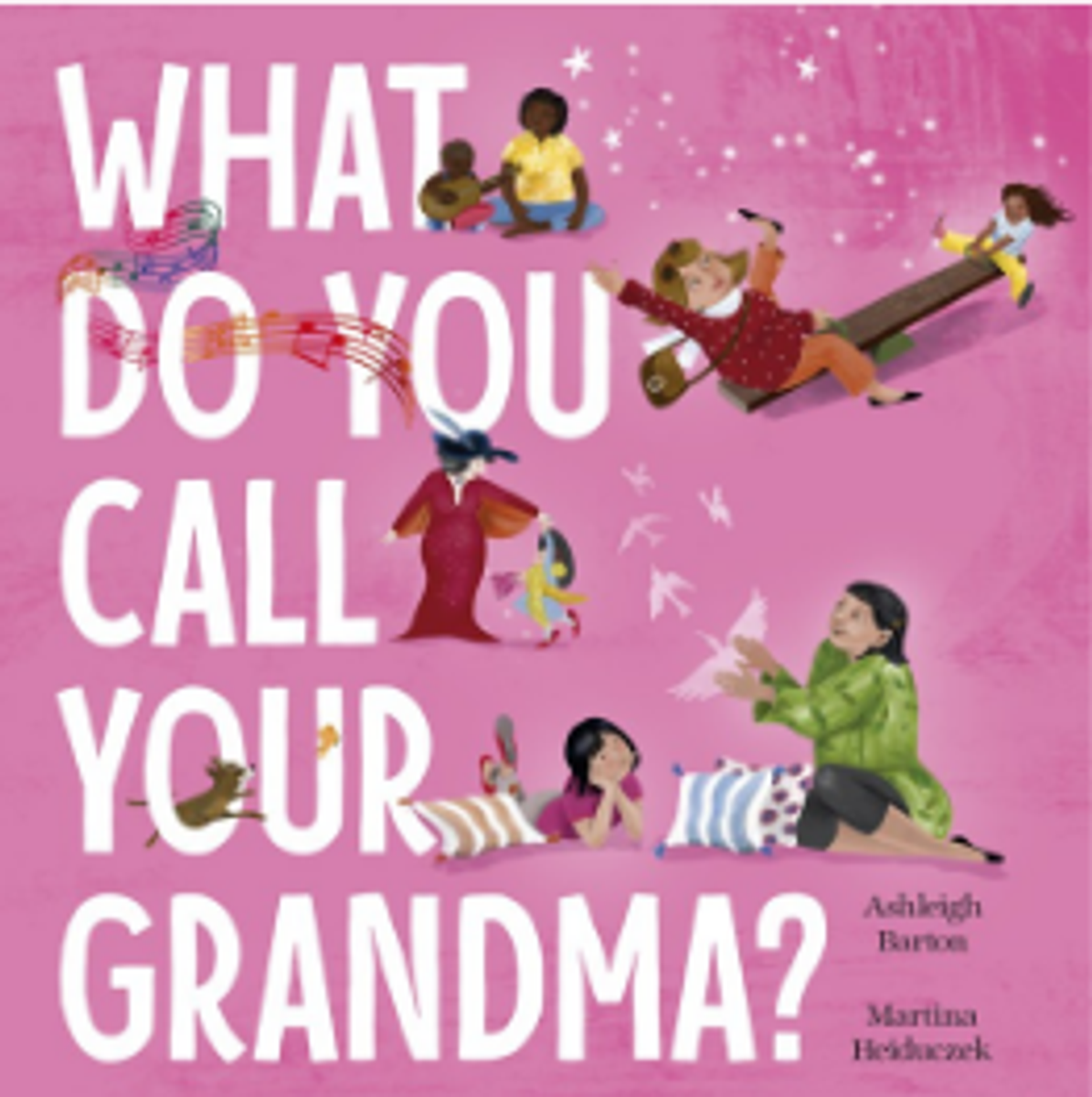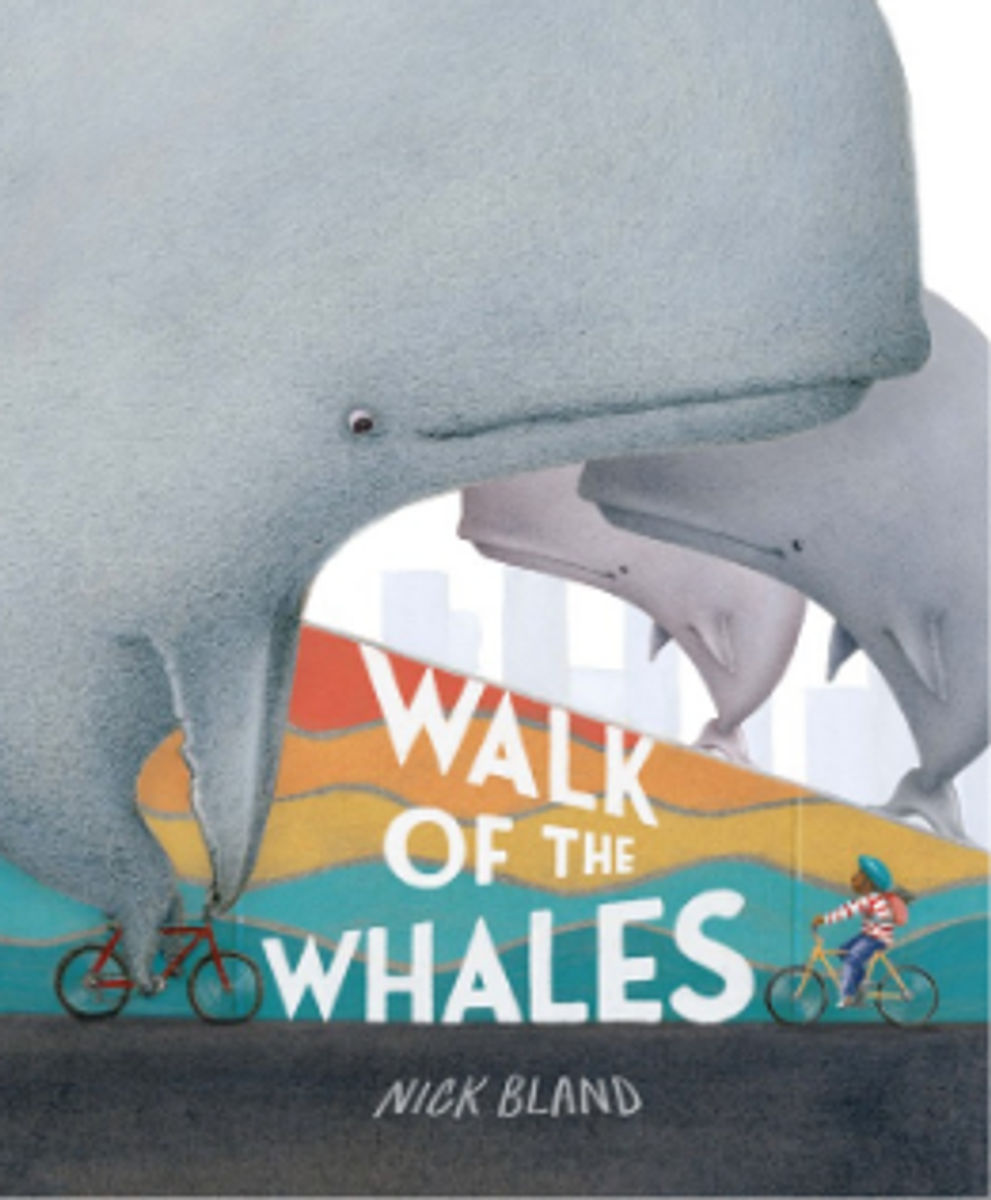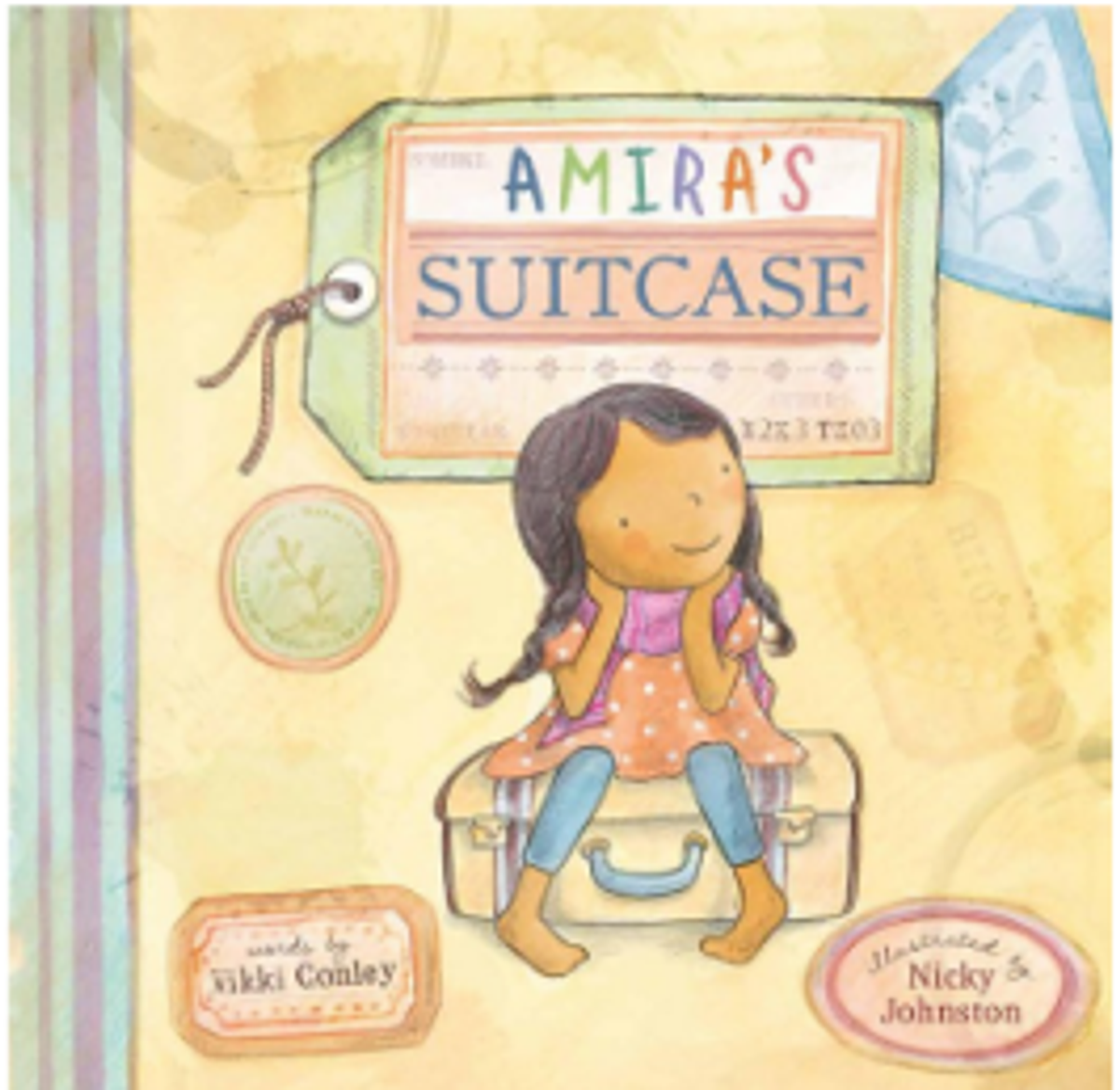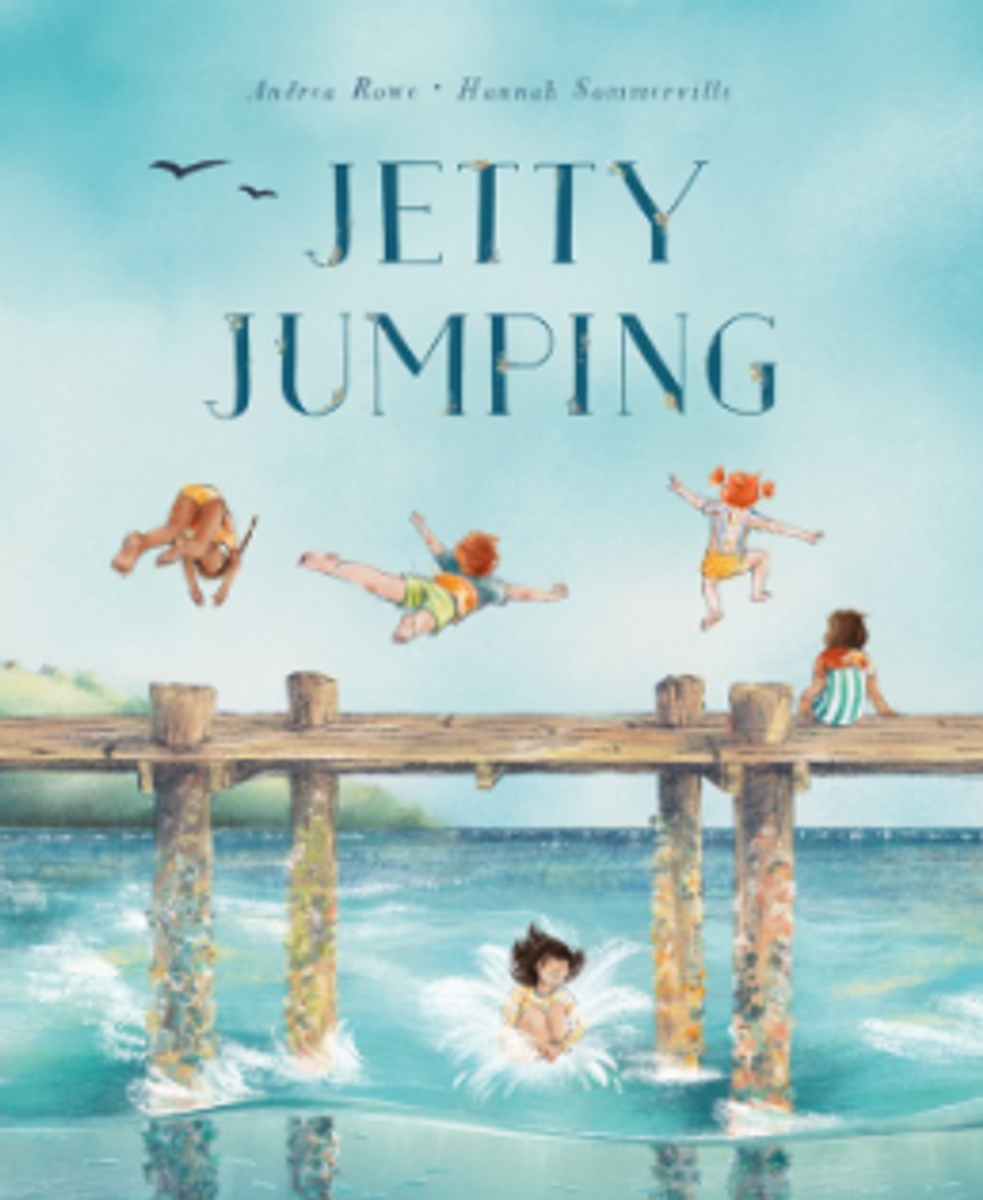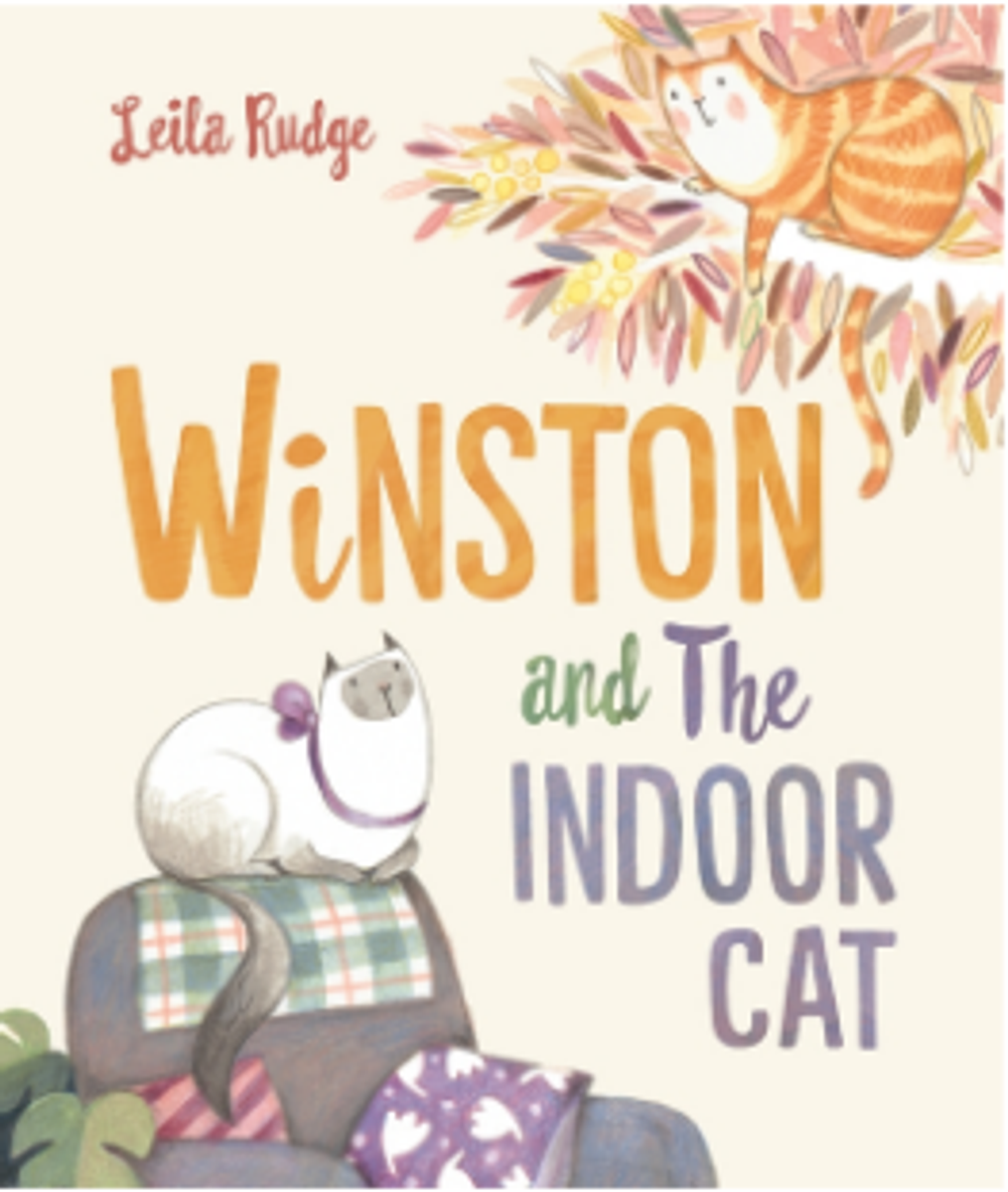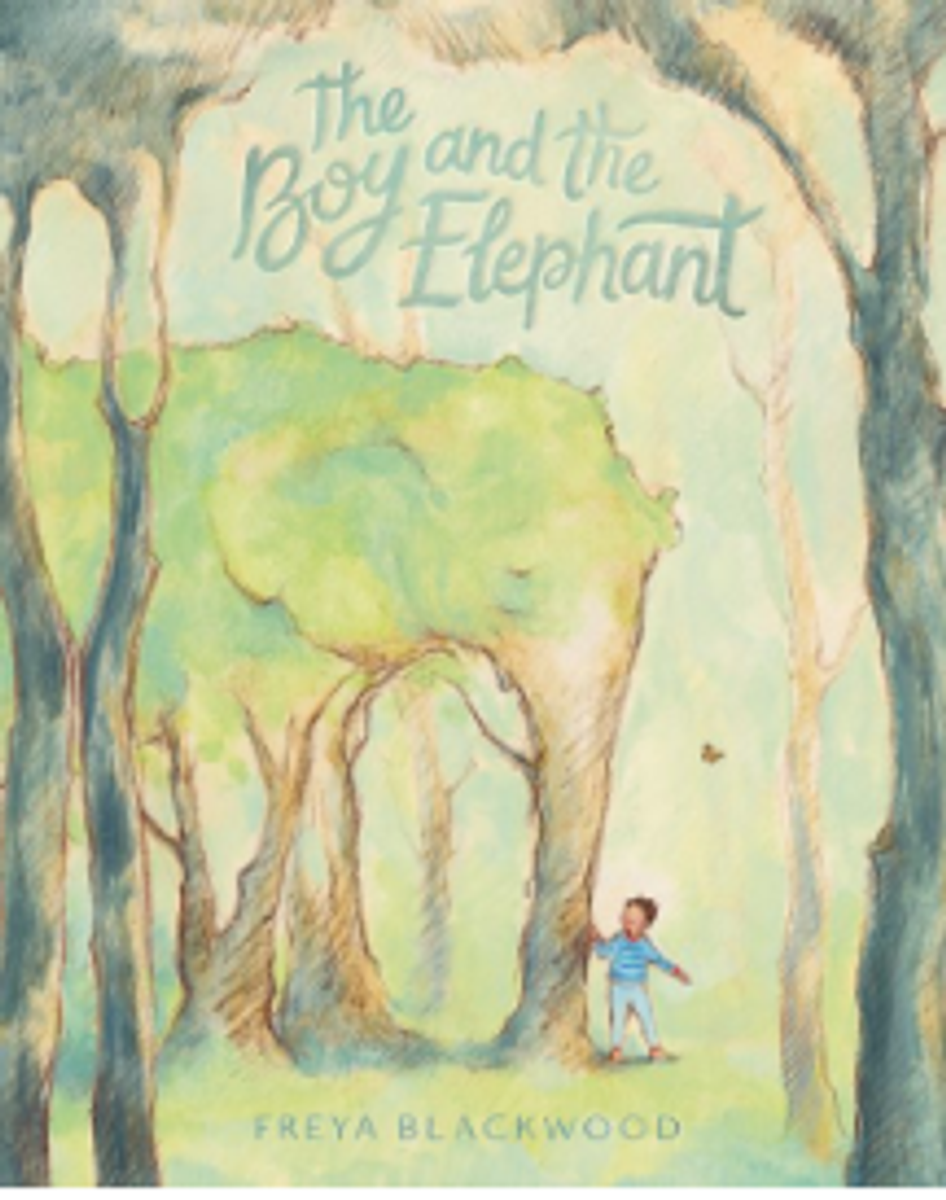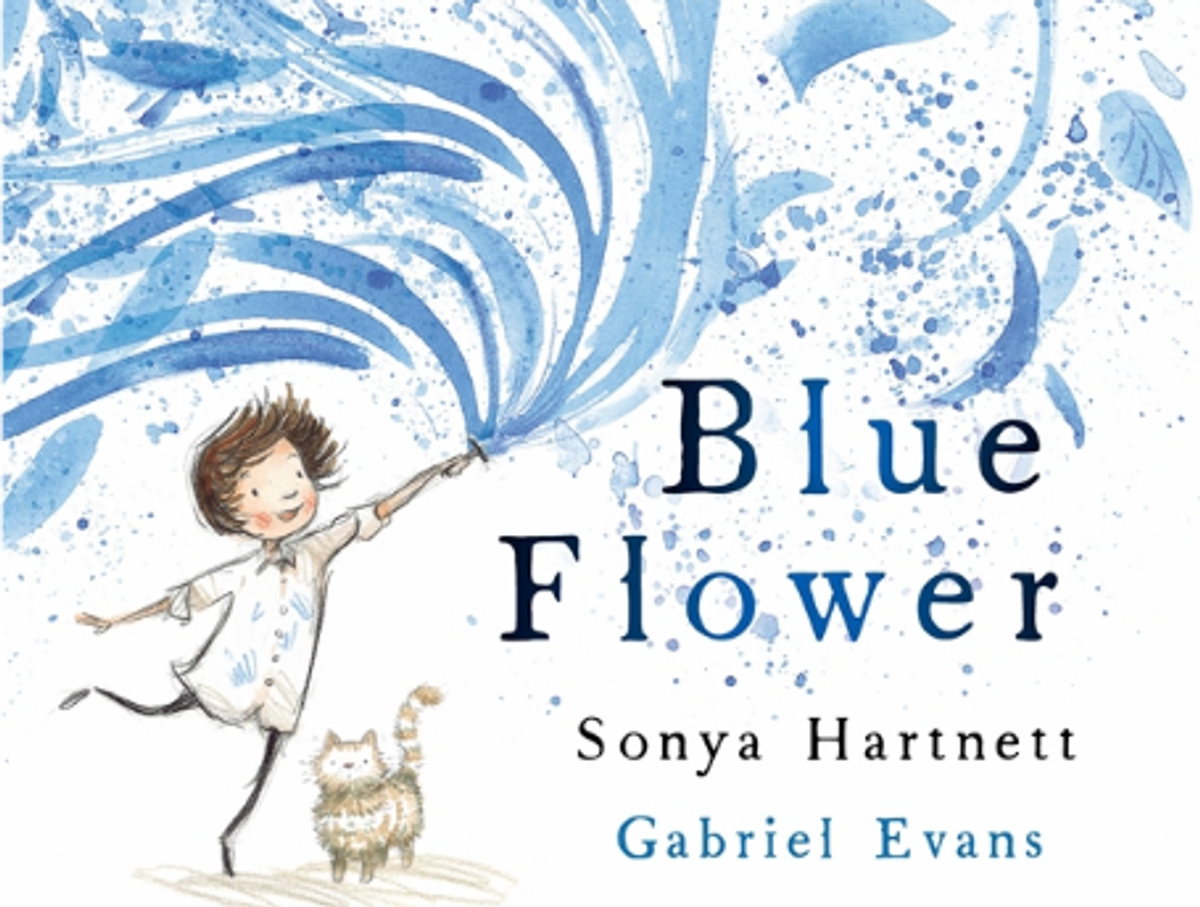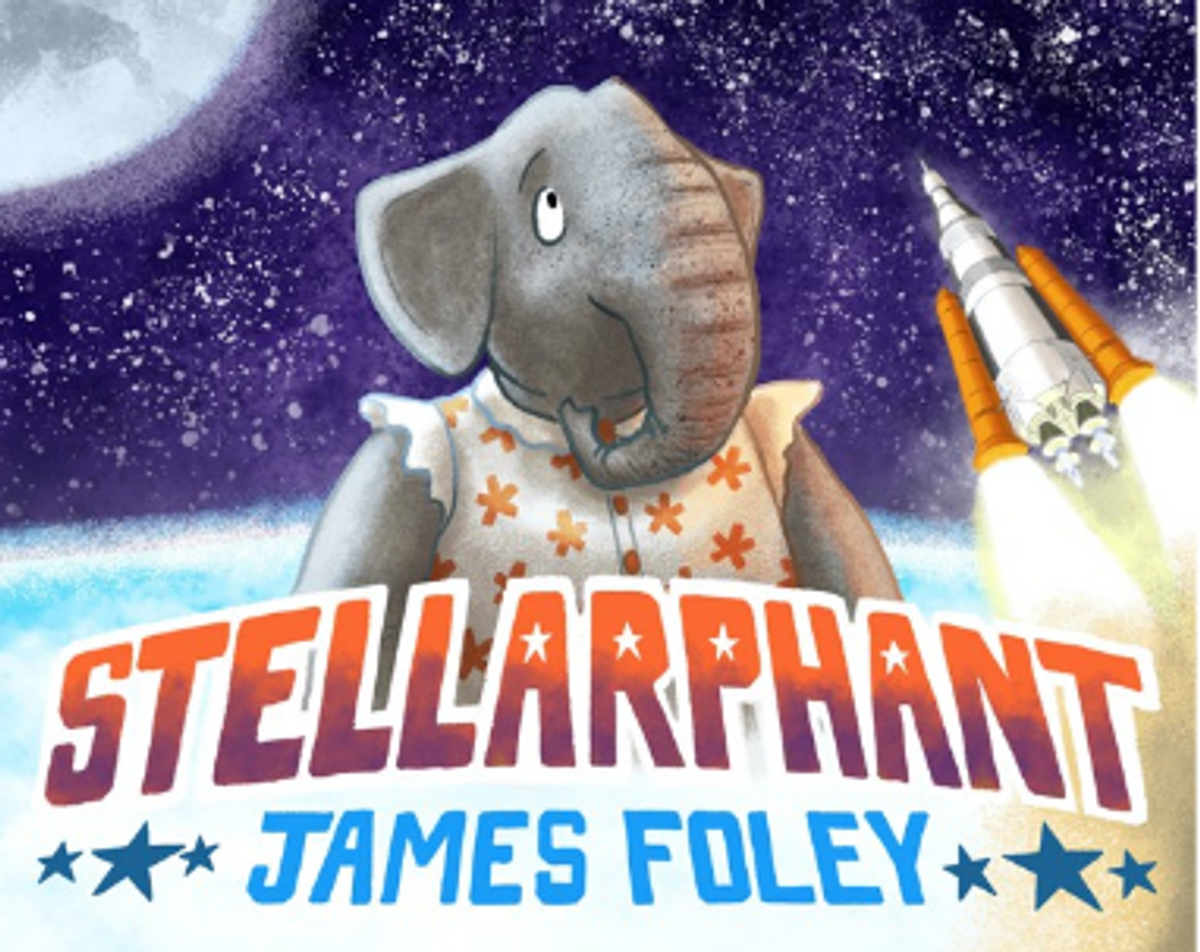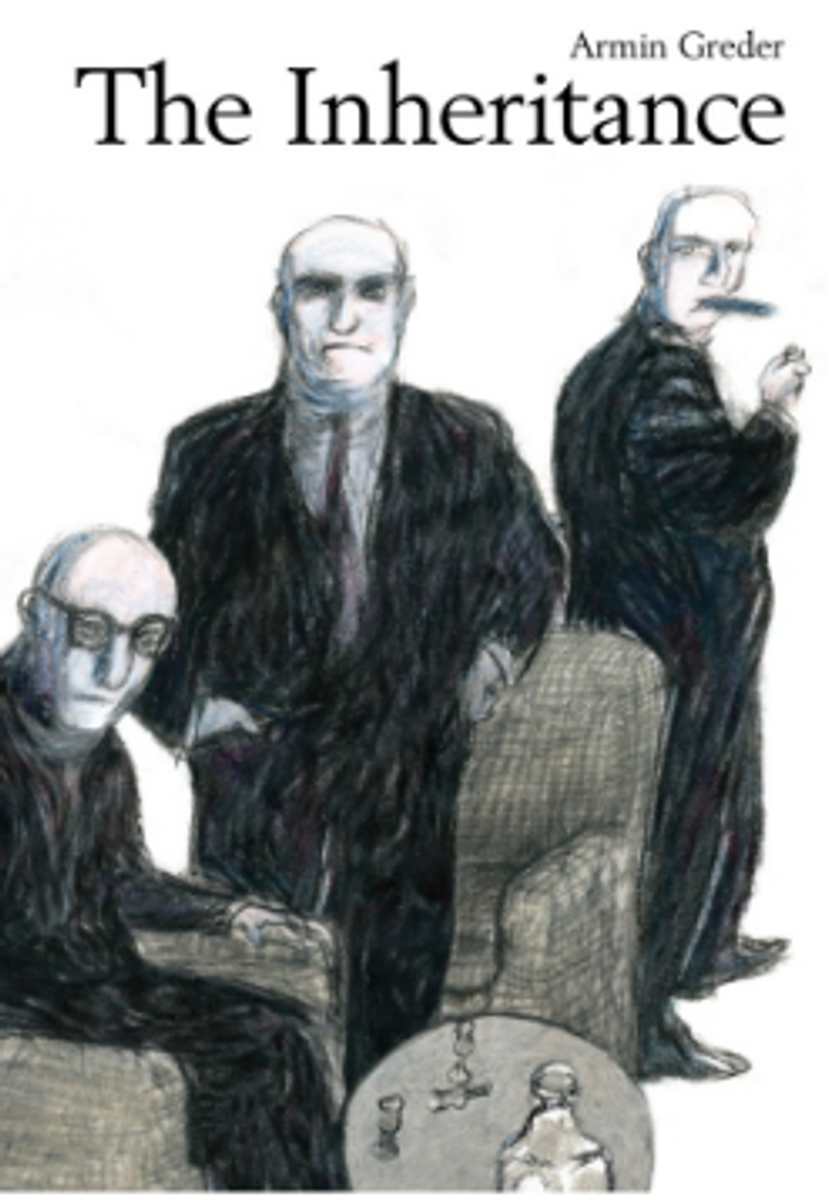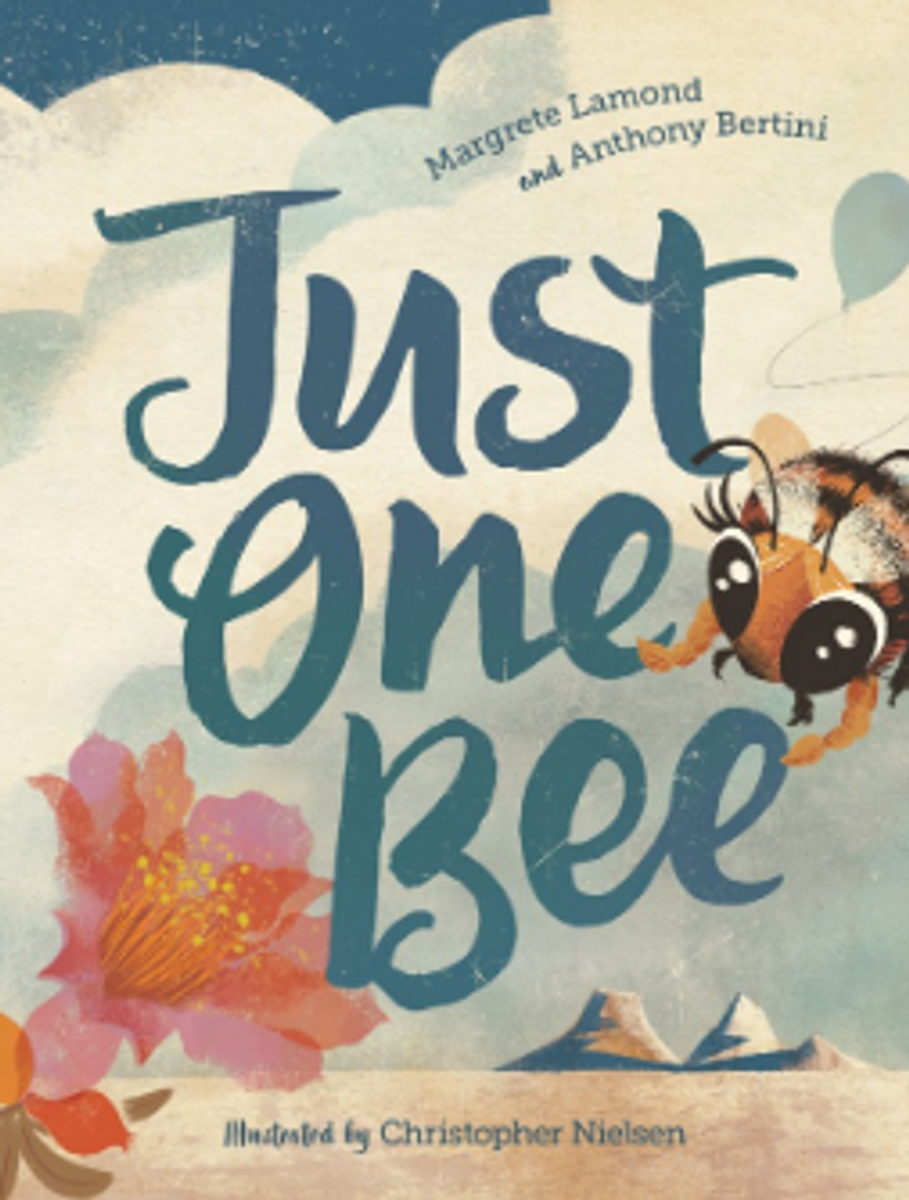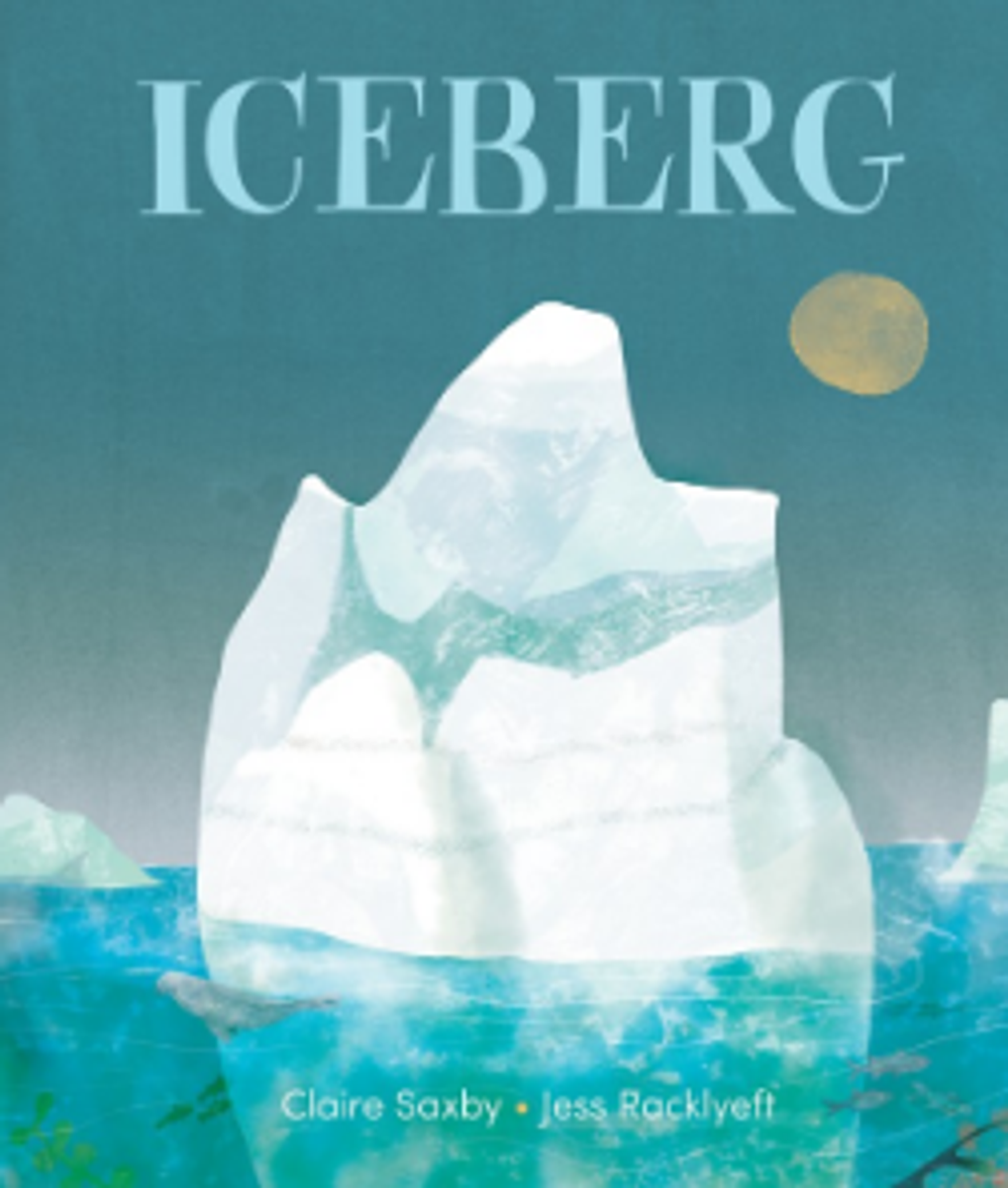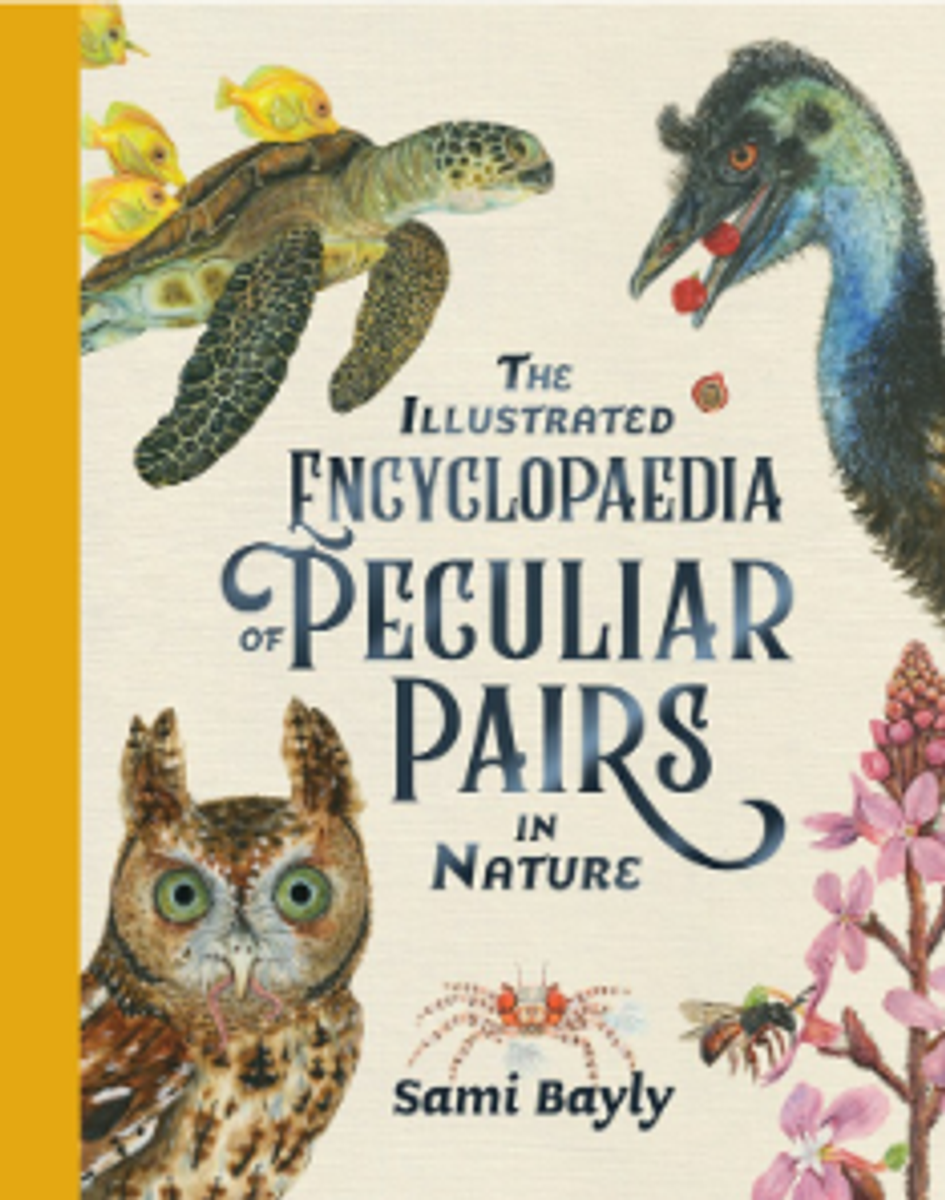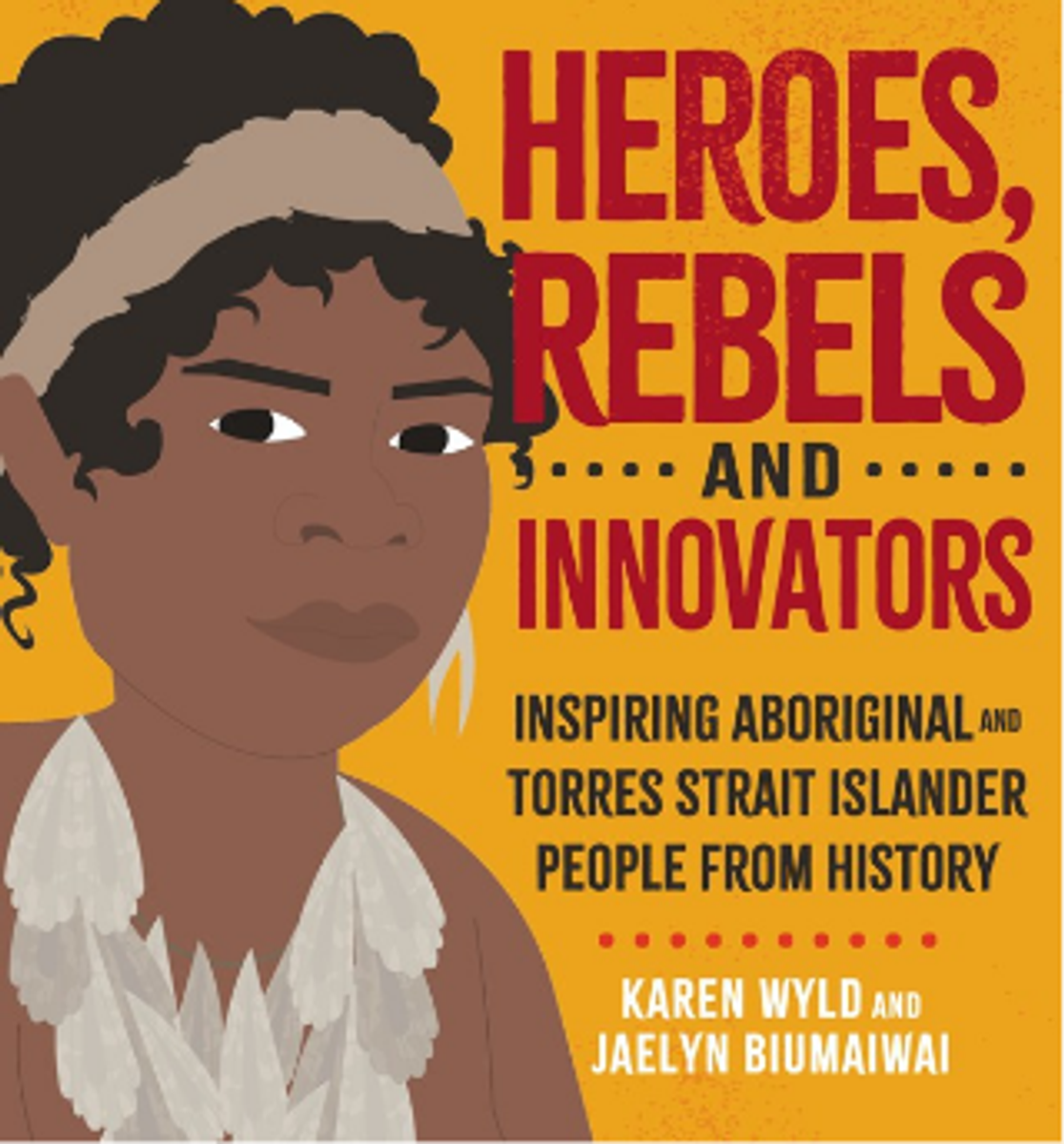Literacy

CHILDREN’S BOOK COUNCIL OF AUSTRALIA SHORTLISTED BOOKS
The Children’s Book Council of Australia (CBCA) have again drawn our attention to a range of engaging texts which highlight the amazing work of authors, illustrators and publishers.
We are excited to be exploring these books during Library time and in our classrooms throughout the remainder of this term and next!
BOOK OF THE YEAR - YOUNGER READERS (7-12 years / Middle - Upper Primary)
BOOK OF THE YEAR - EARLY CHILDHOOD (0-6 years)
PICTURE BOOK OF THE YEAR
PLUS MANY, MANY MORE!!
If families are interested in looking more closely at the shortlisted texts (or maybe even making a purchase) a full list can be found here: https://cbca.org.au/shortlist-2022
CREATING A POSITIVE READING ENVIRONMENT AT HOME
As parents and carers, you create the home context for reading and set the tone for how reading is valued. The ‘payoff’ for reading together has to be worth coming back to night after night. When reading together is the best time of your child’s day and the best time of your day, it is worth turning up. The right book infused with fun, laughter, and love goes a long way in creating life-long readers who in thirty years’ time recall with joy being snuggled on the lounge with you and their favourite book.
Primary English Teaching Association Australia (PETAA) 2019
TIPS FOR READING AT HOME
There is no magical formula for learning to read. Children learn in their own time according to their own pace.
There is no critical age when all children should have mastered reading. When children are learning to walk and talk, we accept different levels of progress – it is the same with learning to read and write.
However, it is important that children are engaged in ongoing quality experiences with books. Providing a regular, reading routine at home assists children in their quest for reading success.
Things to keep in mind…
- The reader holds the book! There is a lot of power and control in the world of reading. The reader needs to have the power.
- Before you read a book, set your child up for success. Talk about the title, illustrations, author and the blurb. Discuss any unusual words.
- PAUSE, PROMPT, PRAISE
- Oral Literacy is very important for your child’s literacy development. Ask open ended questions, give instructions to follow and TALK, TALK, TALK!
- Remember to make it enjoyable!
Guided talks about books in an important strategy to develop comprehension of texts. Students need frequent opportunities to ‘talk around the text’ leading them to more complex reading material. There is much research identifying significant correlations between the amount of complexity in students’ spoken language and their reading comprehension.
Often good conversations can begin by asking whether children were puzzled by any parts of the picture story book or a chapter and if they can see any patterns in the text.
A Literature Companion, Lorraine McDonald (PETAA) 2018
Olivia Quinlan
Literacy Leader/Teaching and Learning Leader

